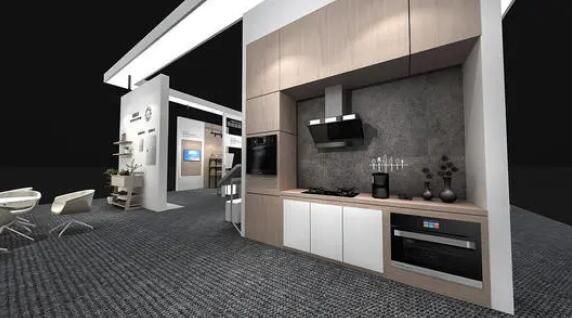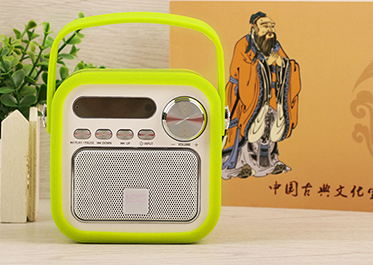Energy-saving characteristics and effect evaluation of smart home systems
With the development of science and technology, smart home devices have poured into ordinary people's homes, including smart speakers, smart sockets, smart gateways, smart induction detectors and a large number of smart home appliances. There are more smart programs than traditional devices, so does energy consumption increase compared to traditional home appliances? Today, the editor will introduce in detail the "energy-saving characteristics and energy-saving effect evaluation of smart home systems".

1. Energy-saving characteristics of smart home systems
Smart home devices can control the switches of home appliances and effectively reduce the ineffective standby power consumption time of home appliances. Through intelligent control, the optimization and economical operation of household electrical equipment and the reduction of ineffective energy consumption can be achieved, thereby achieving the purpose of energy saving. Therefore, energy saving is also a natural attribute of smart home systems.
Smart home devices add smart features to traditional home appliances. Intelligent functions include timing control, linkage control, logic control, scene control, induction control, adaptive control, environmental monitoring, information identification, information display and transmission, etc. The intelligent characteristics of smart home systems can achieve three goals: functional satisfaction, intelligence, intelligence, comfort satisfaction and energy saving satisfaction.
2. Energy-saving effect evaluation
For energy saving evaluation of smart home systems, the power consumption of smart home devices should be considered. That is: smart home system power saving = terminal electrical equipment power saving - smart home equipment power consumption. The energy saving of smart home systems can offset the energy consumption of smart home devices, thereby achieving "zero energy consumption" of smart home control devices.
In order to improve the energy-saving effect of smart home systems, the following aspects need to be considered:
1. It is necessary to consider the power consumption characteristics of smart home devices and rationally plan energy-saving control solutions. For example, if a smart power outlet is used to control the standby power consumption of a TV, its energy-saving effect is negative. For combined control of household appliances, try to use one smart socket to control multiple household appliances.
2. Attention should be paid to the backup power parameters of smart home control equipment, and low-power consumption equipment should be considered.
3. Electrical equipment with large backup power should be subject to energy-saving control.
Proposal recommendation
- TOP



